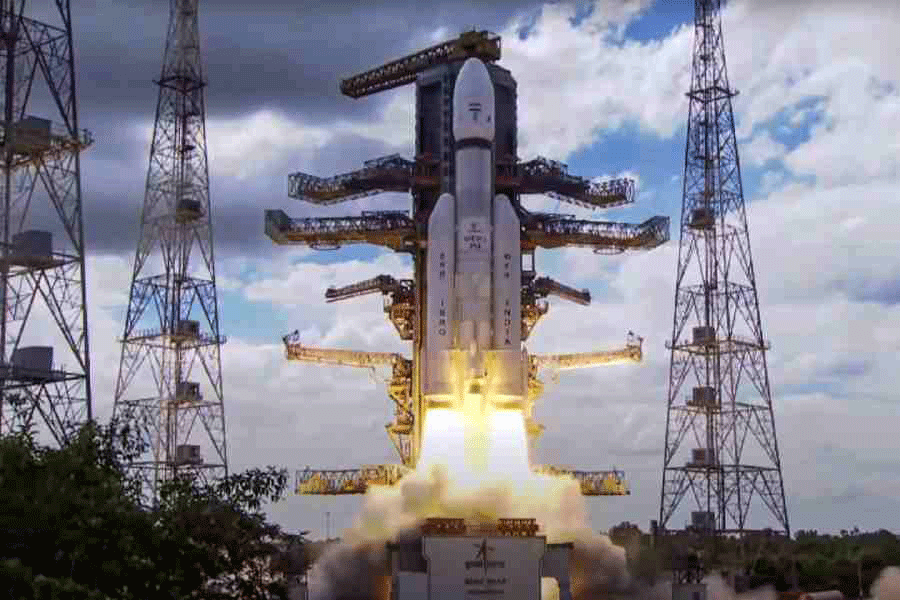The Chandrayaan-3 spacecraft has completed its orbit-lowering manoeuvres around the moon, the Indian Space Research Organisation said on Wednesday as it prepared for the separation of the lander-rover from the propulsion module on Thursday.
A short-duration firing of a thruster rocket has placed the spacecraft into a 153km by 163km orbit, “as intended”, the space agency said. The separation of the lander-rover module from the spacecraft’s propulsion module is planned for August 17.
After separation, the propulsion module will continue to orbit the moon, while the lander-rover will be “de-orbited” for a soft landing on August 23, space officials have said. Rocket thrusters on the lander are expected to slow it down for a soft touchdown about 650km from the lunar south pole.
After landing, the six-wheeled rover is expected to emerge from the lander and explore the lunar terrain. Both the lander and rover are designed to function for a full lunar day — or 14 Earth days.
Chandrayaan-3, launched on July 15, is Isro’s third lunar mission. Chandrayaan-1, launched in 2008, was a lunar orbiter that helped detect signatures of water on the moon. Chandrayaan-2 launched in 2019 was a lander, but failures during its final descent phase caused it to crash on the moon.
Mission planners have loaded Chandrayaan-3 with extra fuel, designed the spacecraft for myriad types of failures, and assigned a landing area 40-fold larger than had been earmarked for Chandrayaan-2 to minimise the risk of a crash.











